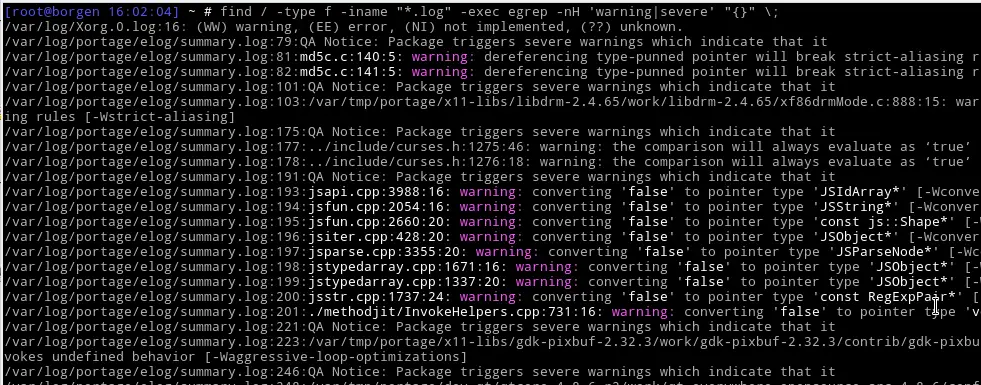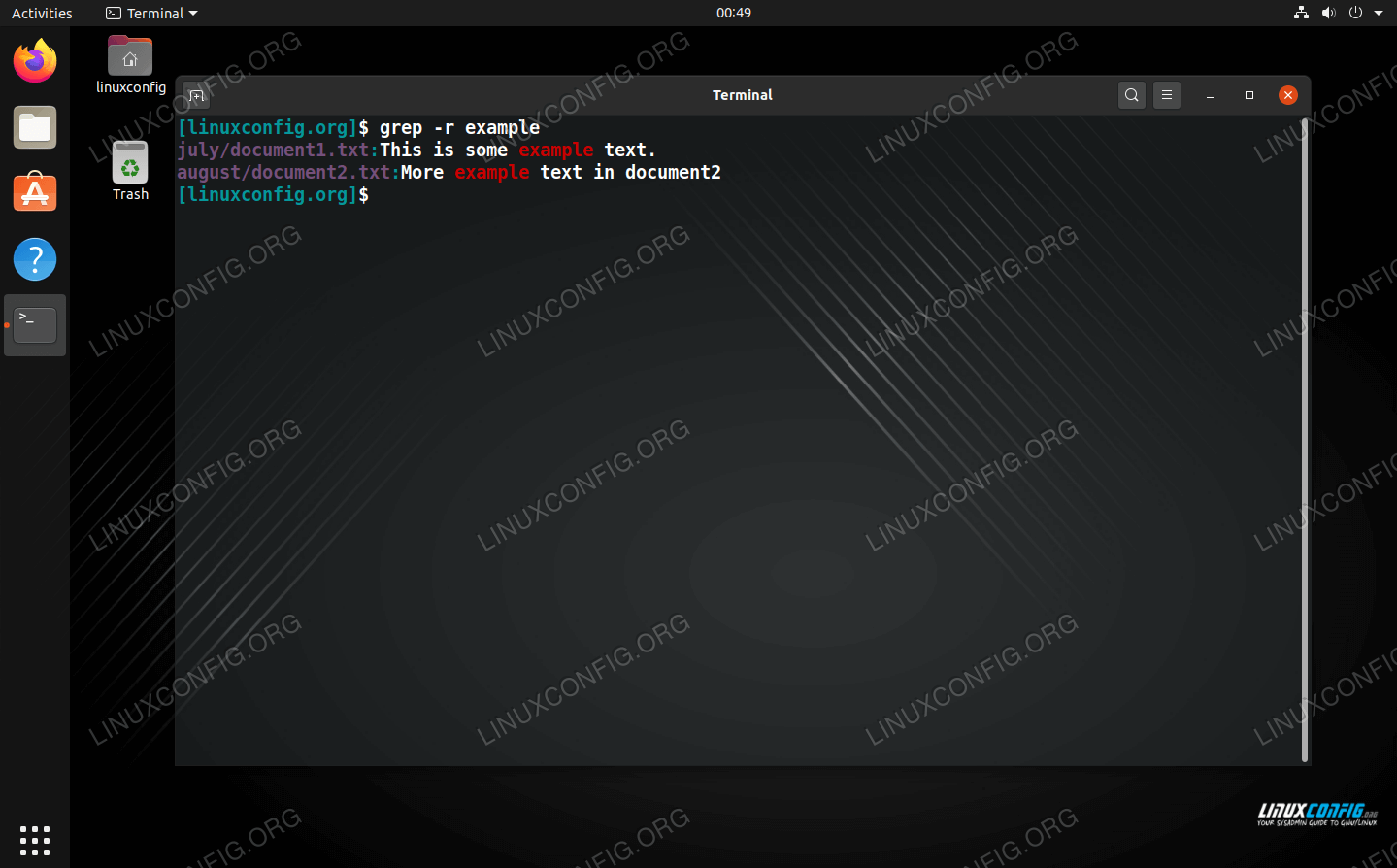

If you want to remove all the lines starting with a particular word or letter, you just have to provide the regex pattern like this: sed -i '/^word/d' filename Bonus Tip: Remove all empty linesīefore I end this article, let me quickly share how you can remove all empty lines using sed: sed -i '/^$/d' filename You may also use a regex pattern instead of a regular string. The command below will delete all the lines that contain the word 'string': sed -i '/string/d' filenameĭo note that this is a case-sensitive search. You can also use sed to delete all the lines that contain a given string or match a specific pattern. Note that it will also remove the lines 11 and 15, not just the lines that fall between them. Suppose you have to delete the lines from 11 to 15, you can provide the range like this: sed -i '11,15d' filename Similar to what you saw earlier, you can also delete a range of lines from the file. sed -i '$d' filename.txt Delete a range of lines You don't need to worry about the number of files anymore now. However, sed has a dedicated way of deleting the last line of a file. You may always get the total number of lines in a file using wc command and use this number with sed. You learned to delete a particular line but what if you need to remove the last line? If you want to see the result of manipulation without modifying the file itself, do not use the -i option of sed command.

You can run grep -iRl your-text-to-find to locate it. You will need to locate it (if required) in the folder with some specific text for you to be able to use that.
#SEARCH FOR TEXT IN FILES LINUX HOW TO#
Now, let's say you want to remove the first line of the file in Linux command line. How To Find File Containing Text In Linux Select your favorite terminal app. This will result in the following display with the line 'Giant's Bread' removed : The Mystery of the Blue Train To remove the 4th line from this file, I use: sed '4d' agatha.txt Here's a sample text file named agatha.txt: The Mystery of the Blue Train You may also provide absolute or relative path if the file is in some other directory. filename: This is the file you want to modify.7d: Here 7 is the line number and d instructs the deletion of the line.With this -i option, it modifies the actual file without showing it on the display. By default, sed will only display the output. -i: This option enables the in-place editing.You can use the sed command like this: sed -i '7d' filename Imagine you have to delete the 7th line number in a file. It would be a good idea to make a backup of that file before you start experimenting with it. ProcID:(+) at least one digit after ProcID.The examples shown here will modify the original file instantly.-r use ERE so we don't have to escape () or +.-n don't print anything until we ask for it.sed invoke our friend sed to read the file and extract things from it.*\.TXT match any characters followed by literal. $(command) command substitution - pass output of command to something else."s/old/new/" replace old with new (use double instead of single quotes so we can pass variables with $ expansion).rename -n just report what the new names will be, don't actually rename them yet (remove -n after testing).for i in O*TXT do do something with all the matching files.

Remove -n after rename after testing to actually rename the files Explanation You can use for, rename and sed in the directory where the files are: for i in O*.TXT do rename -n "s/.*\.TXT/$(sed -nr 's/.*( |^)ProcID:(+)( |$).*/\2/p' "$i").TXT/" "$i" done


 0 kommentar(er)
0 kommentar(er)
